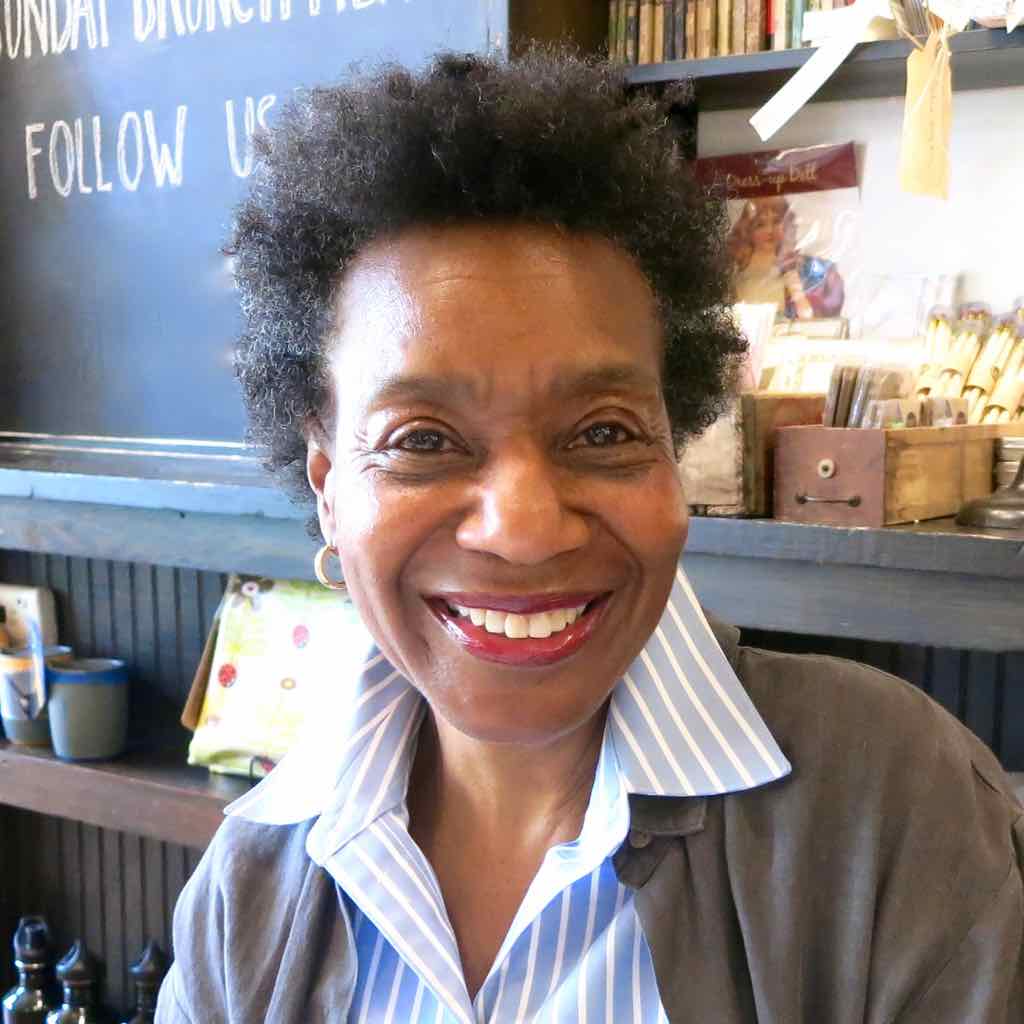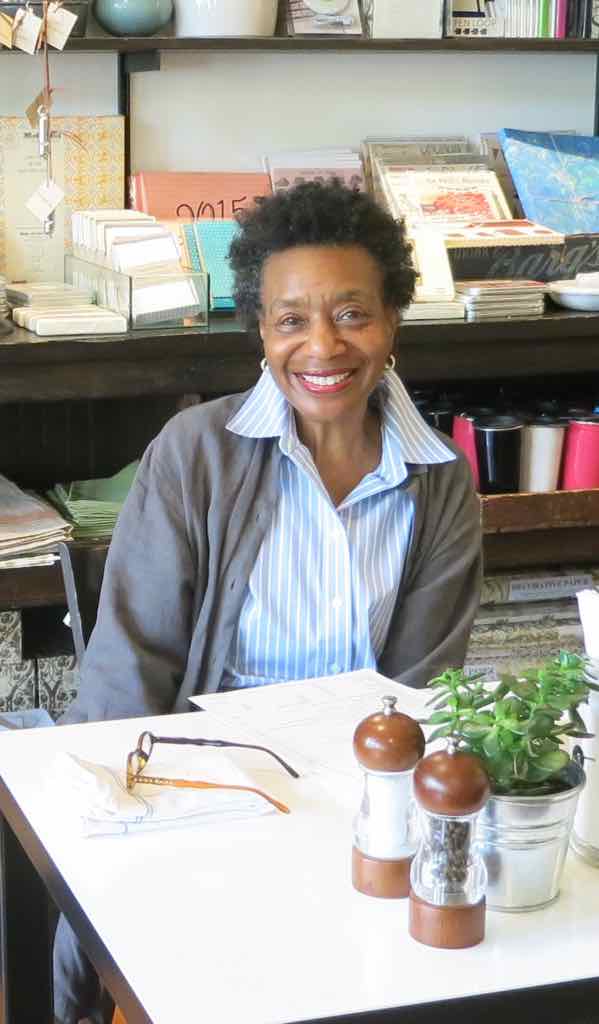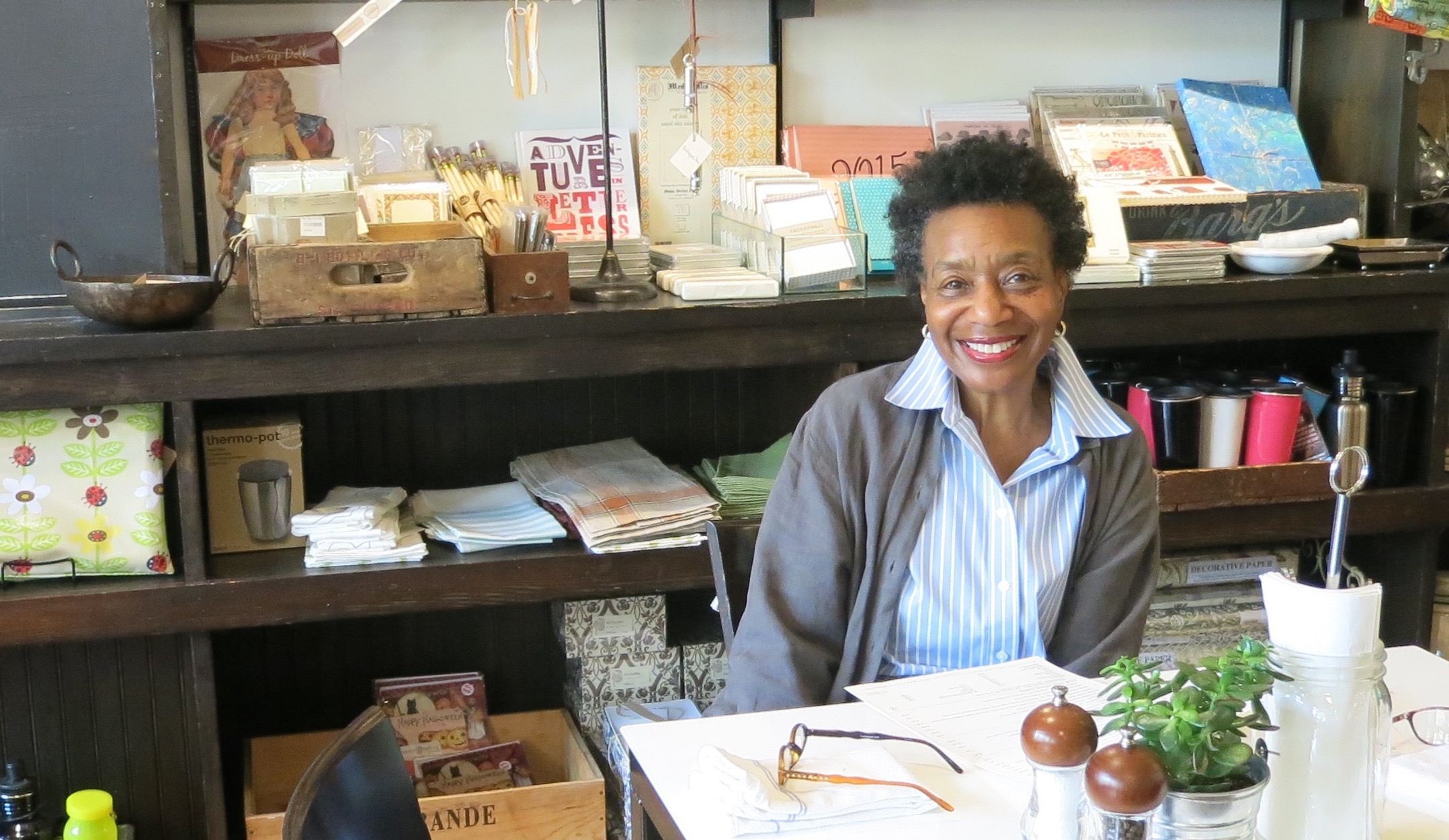
When you can get people to cooperate and they are sensitive to each other’s needs – that is what I love. It is a wonderful process.
1. What led you to the mission of being a civil mediator and claims litigation specialist?
I worked in the insurance claims industry as a litigation specialist. I did product liability, medical malpractice and general liability claims. I investigated each claim. Each claim would have an attorney. I would evaluate them and negotiate settlements with attorneys.
For instance, let’s say you were eating a salad in a restaurant. There was some object in the salad and you became ill. This might be reported to an insurance company.  If I were working for this company, I would get that claim and I would investigate it and determine things like who made the salad, was the salad made in a restaurant, did the salad come in packaged, how many companies were involved in making the salad, touching the salad and putting it together – to determine where this foreign object could have possibility come from. Once I determined who is the responsible party, I would determine who is liable for your injuries.
If I were working for this company, I would get that claim and I would investigate it and determine things like who made the salad, was the salad made in a restaurant, did the salad come in packaged, how many companies were involved in making the salad, touching the salad and putting it together – to determine where this foreign object could have possibility come from. Once I determined who is the responsible party, I would determine who is liable for your injuries.
Then I would collect medical information from you and from you doctor. I would send documents out for you to sign. I would request your medical information. Then I might have to talk to your doctor and have him explain to me why he treated you. Once all the data is collected, the attorneys are contacted and the amount of settlement is determined.
I have an associate degree in claims law. You have to study at least two years of claims law in order to do litigated claims. Then there are a lot of other types of claims training and classes that you have to go through in order to qualify, investigate, evaluate and negotiate claims. Also people who have gone to law school but haven’t passed the bar exam yet can take a job in claims litigation. There is a lot of legal work in this. When attorneys do claims litigation before passing the law exams, they might be better qualified to get a job at a law firm.
Being a litigation specialist gave me enough experience to become a civil mediator. I am a civil case mediator. A civil mediator is the person who works on the claim when someone has filed a lawsuit and it goes to court. The judge might say, “Well, why don’t I assign this to a mediator because if the mediator can settle it we won’t need to have a trial.” The judge will assign the case to a civil mediator. A civil mediator means you will take civil cases and mediate them.
So for example if you have been in an automobile accident and you have an attorney and your attorney has filed a lawsuit, that is a civil lawsuit. A civil lawsuit could be if you have some product that you have purchased from a store and it was defective and you were injured from it. It is called a civil case. Another example is if you have worker’s compensation and you are injured on a job and you retain an attorney and he files a lawsuit on it, then that makes it a civil case.
I also do Equal Employment Opportunity (EEO) claims. For instance if you are working for a company and you have a dispute with that company for things like discrimination, harassment or anything like that, you can file a lawsuit with the EEO. If you have been discriminated on the job for any reason at all, you can file an EEO claim against the company you work for.
(To learn more about a litigation specialty, click here.) http://legalcareers.about.com/od/litigationsupportcareers/a/Litigation-Support-Jobs.htm
2. What does this mission mean to you?
I like the law part of this job. I like the fact that I can sit up and negotiate with an attorney. I can speak his language. I like the fact that I can say, “No”, to him. I enjoy the fact that my decision is the last decision. If I said, “No, I’m only going to offer you this number of dollars”, and explain to him why I’m only going to offer him this amount, there is nothing else he can do except say to me, “Well, I’ll take you to trial. I’ll file a lawsuit on it. We’ll just go to court on it.” I like the fact that I can say, “Fine. If you file a law suit, it is going to cost your client more money and it’s going to take your client a lot longer to get a settlement out of this because you might not get a trial date for a year or so.” The attorneys are always asking for more than the case is valued. The more money that is asked for, the more money the attorney is going to get.
I love mediation because I am helping people. When you can get people to cooperate and they are sensitive to each other’s needs – that is what I love. It is a wonderful process.
I also love doing mediation because I am still dealing with the law. Litigation is the law. In a mediation case, it is you and your attorney and then someone else and their attorney. I will be the mediator. For instance right now I have a contract with the government. I will do postal service disputes. When a postal service employee files a discrimination case against the postal service, I will be called in because this is the first step to try to get it mediated before they take it to trial. They will call me in and it will be myself as the mediator and others such as the managers and the employee. Postal service people have a union so there might be a union representative or a referee. I am able to help people cooperate.
3. What was your best day being a civil mediator and claims litigation specialist?
A good day for me would be if a claim is settled and I feel that I have won. Another example of a good day would be if I get in the office and I only receive two claims that day. Normally I get seven claims a day. Only getting two claims allows me to do dictation work as opposed to calling up people and interviewing them.
 What I have to do with each claim is have a recorder, call people up, and say to them, “I need to get your permission to get a recorded statement from you. I need for you to describe to me what it was that happened to you.” That is a part of the process before I can evaluate, negotiate, and litigate. For me, that is proof that something really happened. I have to have some proof. So I have to get a statement. If I only got two claims in a day as opposed to seven, I only have to get two recorded statements that day as opposed to seven and I can work on the dictation.
What I have to do with each claim is have a recorder, call people up, and say to them, “I need to get your permission to get a recorded statement from you. I need for you to describe to me what it was that happened to you.” That is a part of the process before I can evaluate, negotiate, and litigate. For me, that is proof that something really happened. I have to have some proof. So I have to get a statement. If I only got two claims in a day as opposed to seven, I only have to get two recorded statements that day as opposed to seven and I can work on the dictation.
I have to call people up and run them down to get them on the phone. I have to convince them to give me a recorded statement to describe what their injuries are. When getting a statement I have to consistently question, “Are you sure? What did it look like? How did you feel?” I have to go through all of that process with each person.
A really good civil mediation case would be when you know that the person is seriously injured, they have a legitimate claim like an automobile accident and that someone was totally at fault for the accident. A man might sustain a very serious injury from the accident. A good day is when the injured man’s attorney is not just doing this case to get money. He is requesting an amount and the case is really worth that amount. You can go to mediation and the insurance company is willing to settle for that amount. The insurance company might say, “We understand that this man did sustain this injury. Our policy limits is $100,000 and we are willing to offer this man $100,000 because that is all we can offer. We are willing to do it without any problem.” That is a good thing.
4. What was your worst day being a civil mediator and claims litigation specialist?
My worst day is the phone ringing consistently. Attorneys will call in. An insurance person who is insured with the company will call. There will be claims from people who are not insured. People will call in and ask, “When are you going to evaluate my claim? Have you evaluated my claim yet?” Someone might call and ask, “You’ve gotten all of my medical in. You’ve had it for ten days. Have you not made a decision as to what my claim is valued at as yet?” Calls like that would be a bad day.
Another example is when your manager has reviewed a file of yours and you did not properly document the file. You would get written up on that. That would be a very bad day for you.
My worst day as a mediator is when you have managers and they will not cooperate. They will not tell the truth about a case. A bad day is when you have a manager who is unwilling to compromise. For instance, you have something simple that the employee might request – such as one day off. It’s a bad day when the manager still won’t compromise and give them that one day off – especially when that one day off will settle the case. The manager does not want to give in to the employee so the employee can say, “Well, see. I got my day.” So when you cannot get cooperation and they will not compromise, that is a bad day.
5. How did you survive your worst day?
You are just hoping that this day will pass really fast. You watch the clock for the day to pass as fast as it can. You know that there is going to be tomorrow. There is never any day that is going to be the same. Tomorrow will either be a “worser” day or a better day but you always look at it as if it is going to be a better day. You hope the day ends quickly and that the phone doesn’t ring any more and you get through the day.
6. What advice do you have for someone who would like to be a civil mediator or claims litigation specialist?
They should do research on insurance claims – research what it is and what it consists of. You go online and look up “insurance claims”. Look up “What is an insurance claims adjuster? What is a litigation specialist?” This will tell you what it is.
Once they have done that they can see if it was something they would like to do. If it seems like it was something they would like to do, they would contact the insurance company and let them know that they would like to submit a resume with a cover letter stating that they are interested in doing insurance claims.
If one is going to be interested in litigation, they are going to need some sort of legal experience. Many times companies will train you. If you have a degree and submit a resume, many insurance companies will take you if you have a degree with no experience. They will train you to be a litigation specialist.
You will also have to take some classes. This could be done through the insurance company and they could play for them. They might pay for your classes.
- « Previous person: Dottie Bagsby Carr
- » Next person: Lisa Wisz